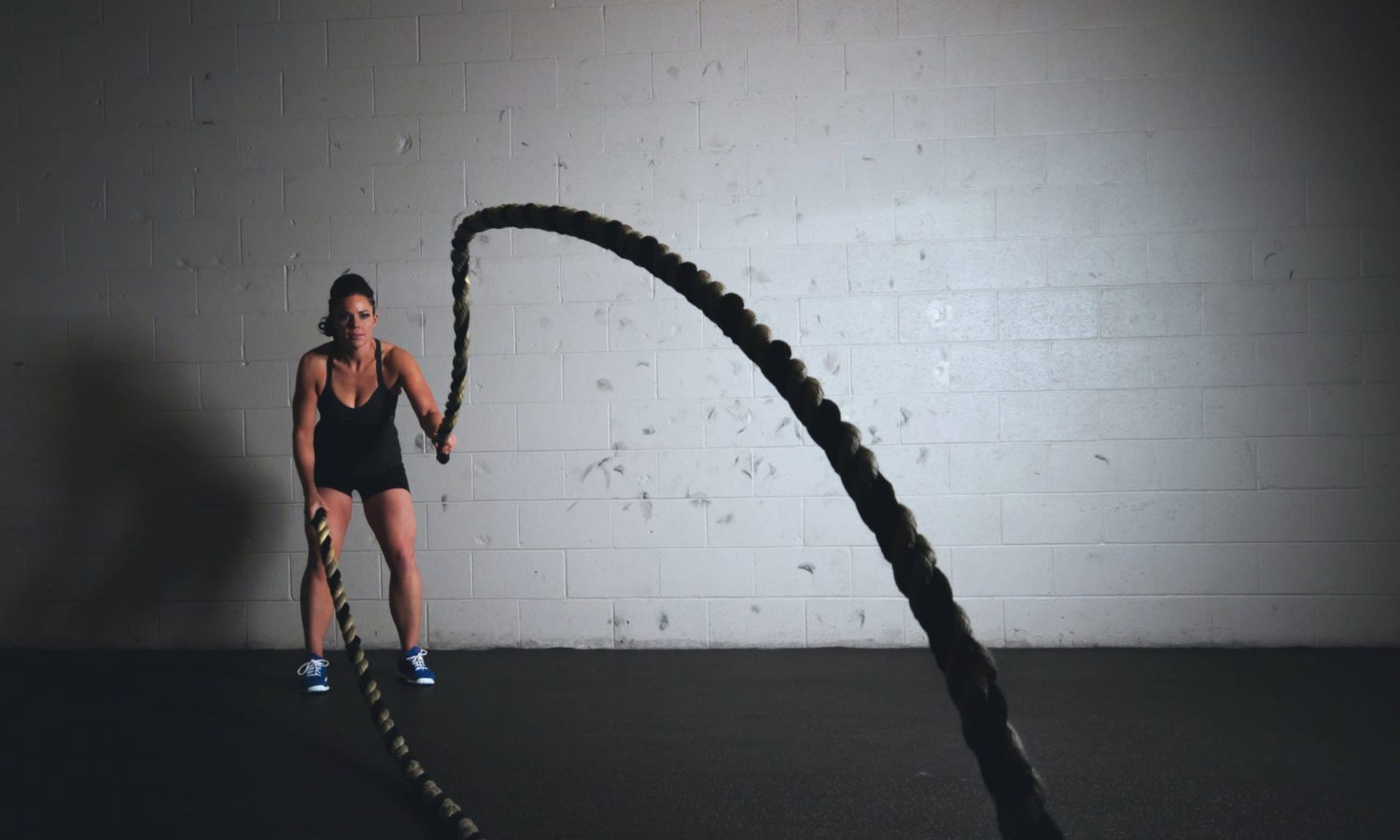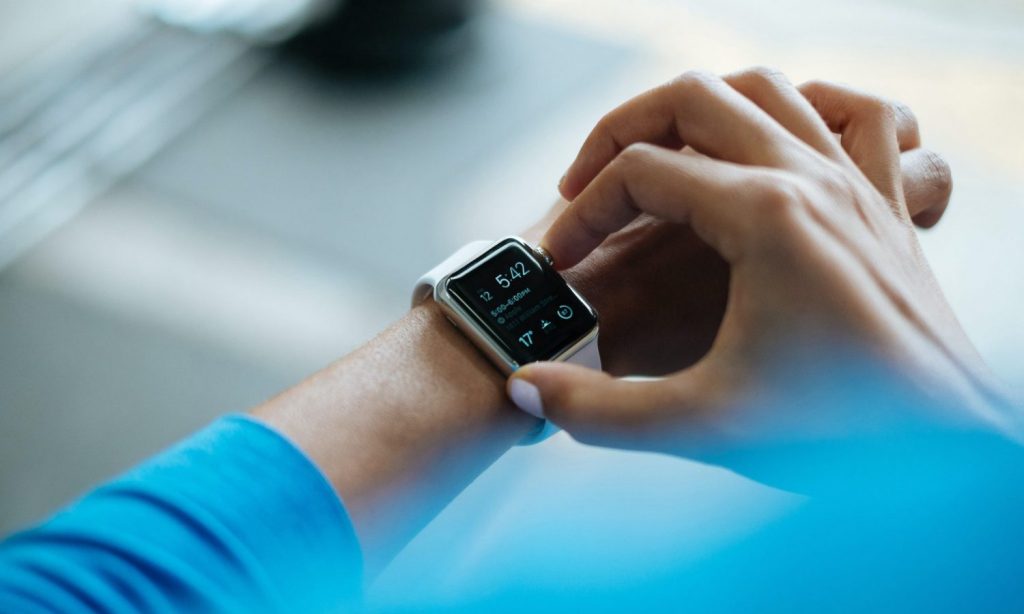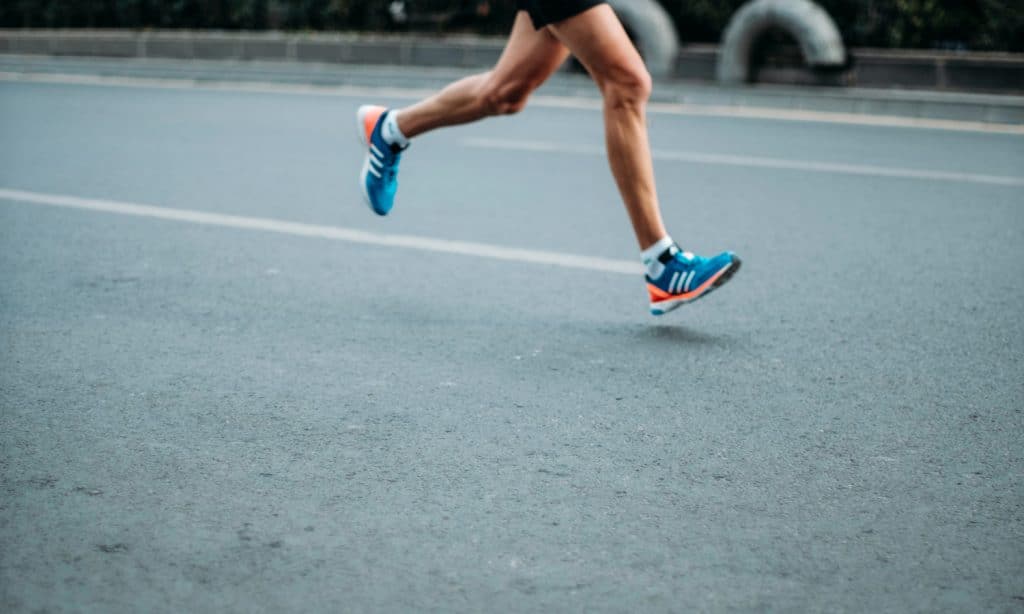
Marijuana and Athletes – What You Should Know
By Lana Jones
It seems that cannabis has never drawn so much attention. After being banned for decades for no good reason, many states have legalized it again. The positive campaign attracted many users and educated the public about the positive effects of marijuana.
What role can this plant play for athletes? Are marijuana and bodybuilding linked, and can you hope to meet fitness goals faster with this herb? Here’s an overview of the potential benefits and other things you as an athlete should know about THC.
Photo by Braden Collum via Unsplash
The working process of cannabinoids is simple. Once ingested, they interact with your internal cannabinoid system. Everyone has this system, which is able to influence pain, immune functions, appetite and other processes.
Let’s take a look at how athletes can benefit from cannabis.
Pain relief
Whether you’re a professional or a fitness enthusiast who works out regularly, pain problems are likely to be quite common. You may have a minor sprain from intense exercise, or you may be dealing with an injury that requires a recovery process.
The use of marijuana for pain relief has been the subject of many studies over the years. Extensive research involving 2,897 medicinal cannabis patients suggests that this plant may be more effective at relieving pain than taking opioid-based drugs. More than 80% of users who participated in the study said that marijuana was at least as effective as OTC drugs.

The great thing about using cannabis for pain is that it helps regardless of the type of pain. It will aid the recovery process after a serious injury or help you overcome the pain after an operation. However, you can also use it to relax your muscles and feel better after intense exercise.
When dealing with inflammation, it can be difficult to endure a demanding workout. This is where cannabis comes in. Even tinctures and topicals can be helpful in relieving pain in localized areas, although ingesting cannabinoids ensures an overall anti-inflammatory effect.
Relax before and after the competition
If you’re a professional athlete, getting a good night’s sleep before an important event can be difficult. Since sleep can be critical to your performance, you should consider using cannabis. Many users report that marijuana helped them relax and have a good rest before an important gig.

Cannabis can help calm you down when you’re nervous or getting the euphoric effect you need to perform better. A study conducted over five decades ago focused on the performance of maze rats with and without cannabis use. According to the authors, rats that consumed marijuana before the test showed better results in the maze. Many athletes believe that when they need to perform, it is cannabinoids that help them focus.
Cannabis and Exercise – Legal Implications
In 2004, WADA (World Anti-Doping Agency) published a list of substances that are banned because they can improve performance and give other players an unfair advantage. Although CBD and THC are different, they both belong to the class of cannabinoids. Because WADA has banned cannabinoids, athletes cannot use them during competitions.
RELATED: Why These 4 Professional Athletes Are Using CBD for Pain Management
If you smoked weed and played soccer with friends, no one would mind. However, if you are about to have an official event, always keep in mind that there may be tests going on. Although people these days have become more aware of the beneficial effects of marijuana, WADA still considers it a performance-enhancing substance. For this reason, a positive test can lead to exclusion from the competition.

How long does THC stay in an athlete’s body?
If you take THC, you know that the effects will go away after several hours. But even though you no longer feel that euphoria, this cannabinoid stays in your body longer. According to experts, THC can be detectable weeks after consumption. It all depends on the type of test you need to take.
RELATED: Is Marijuana the Next Recovery Revolution for Professional Athletes?
Here is an overview of the available tests:
- Blood Tests – It’s interesting to note that your body retains THC-COOH, the by-product that appears after using THC. However, this component cannot be detected in a blood test. Depending on how it is used, a blood test can detect marijuana one to three days after use. Many users have an increased amount in the system, so it may take longer.
- Urine Tests – You will find this procedure is the most common when it comes to testing athletes at competitions. That’s because it can detect the aforementioned THC-COOH even up to 45 days after using it. It depends on usage – beginners may not have weeds in their urine after three days, but heavy users may take 10 times longer to get rid of them.
- Hair Follicle Testing – This is an expensive testing method, but it can detect weed users 90 days after application.
- Saliva Tests – Users will clear THC from saliva within 24-72 hours, depending on the frequency of use.
You should be aware that marijuana is illegal at the federal level in the United States. Although it is perfectly legal in many states, we are still waiting for the federal government to move on. Nowadays, it’s not just sports organizations that carry out THC tests. You might also come across them at some companies that don’t like their employees using marijuana. The good news is that this is very individual and many business owners know that THC can have many benefits.
Final thoughts
Marijuana is popular with both amateurs and professional athletes. Some users believe it helps them achieve their fitness goals, while others appreciate the feeling of euphoria that helps them relax after a workout.
Ultimately, it all depends on your plans for the future. Although people around the world have accepted the use of THC for various purposes, we are still waiting for it to become legal at the federal level. WADA has also not removed it from the prohibited list, which can play a role if you are about to attend a sporting event in the near future.

Post a comment: